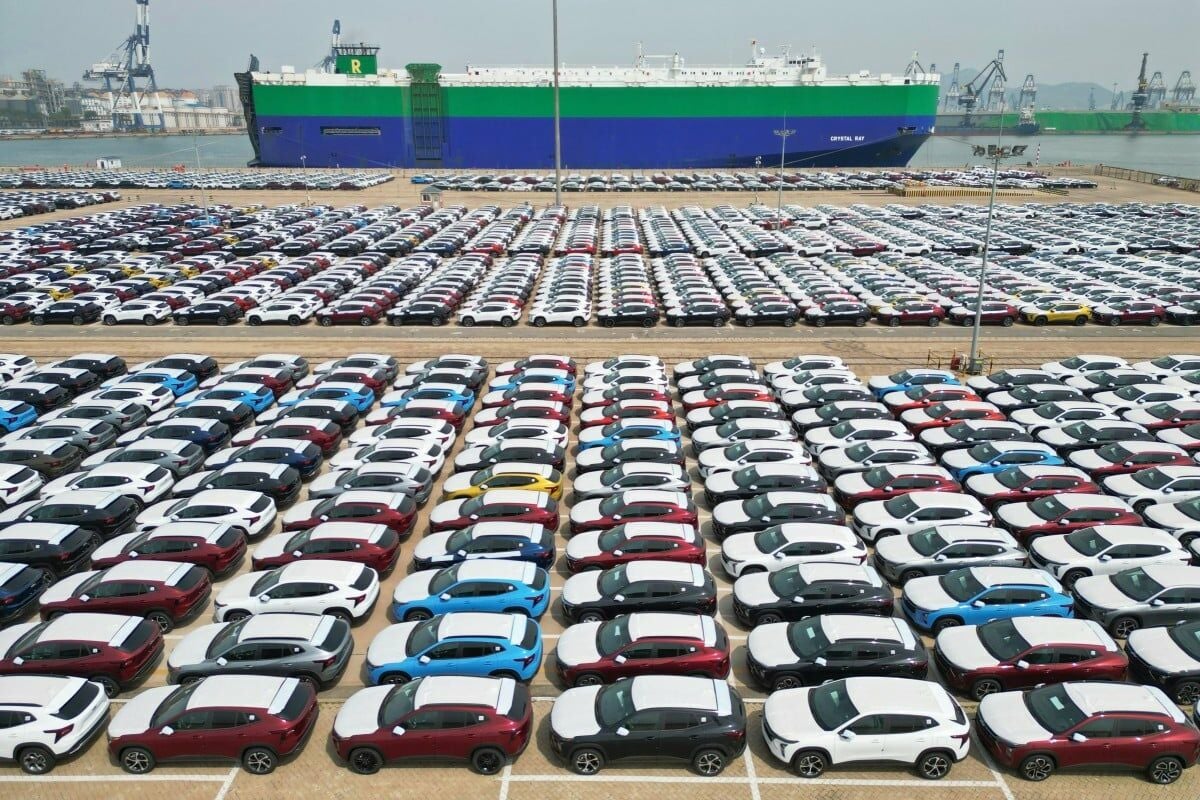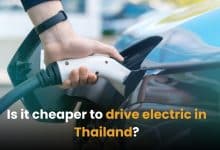US imposes major tariffs on Chinese EVs and semiconductors

The United States recently imposed substantial tariffs on Chinese products, focusing particularly on electric vehicles (EVs) and semiconductors. This move is expected to push China to expand its EV manufacturing within Asia, with Thailand emerging as a significant export hub, according to the Federation of Thai Industries (FTI).
President Joe Biden’s administration cited Beijing’s unfair trade practices as the reason for the tariff hike. EV tariffs will be quadrupled to 100%, solar cells and semiconductors will see tariffs doubled to 50%, and certain steel and aluminium imports from China will face a 25% tariff, more than triple the current level, according to reports.
China has reportedly vowed to take measures to protect its interests, said Kriengkrai Thiennukul, chairman of the FTI.
“The trade war is intensifying and putting pressure on industries, presenting a challenge to the Thai government as it seeks an appropriate stance amid a conflict that could impact its economy.”
Kriengkrai believes Thailand can benefit from the trade war if the government carefully implements its overseas policies.
Chinese EV manufacturers are expected to relocate their production facilities to Asian countries, including Thailand, and expand their market in the region.
To circumvent high tariffs on EVs, Chinese automakers will use Thailand as an export base, shipping EVs to various countries, including the US.
Several Chinese companies have already invested billions of baht in building EV assembly plants and battery factories in Thailand, following the government’s EV incentive packages.
These packages are part of efforts to position Thailand as an EV production hub in Southeast Asia.
In the past two to three years, the Board of Investment has supported investments worth 80 billion baht in the EV industry, resulting in the production of 400,000 EV units.
The government aims for battery EVs to comprise 30% of total car manufacturing by 2030. This goal includes the production of 725,000 zero-emission cars, 675,000 electric motorcycles, and 34,000 electric buses and trucks.
Kriengkrai acknowledged that the growth of the EV industry will affect local auto parts makers who currently form the supply chain for internal combustion engine vehicles.
The federation is conducting a study on measures to improve the capabilities of these manufacturers, most of whom are small and medium-sized original equipment manufacturers. The goal is to equip them with new technological know-how to adjust their businesses to serve the EV market, reported Bangkok Post.
Latest Thailand News
Follow The Thaiger on Google News:


























